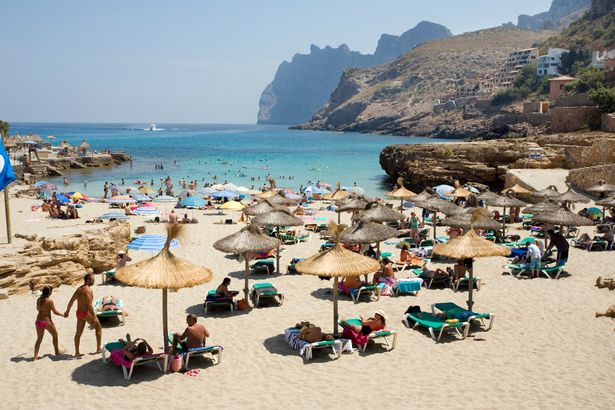×
The Standard e-Paper
Fearless, Trusted News

British tourists will be able to enter Spain from next week.
The welcome news comes after 24 hours of confusion generated by the country’s decision to re-open to international tourism a week earlier than expected.